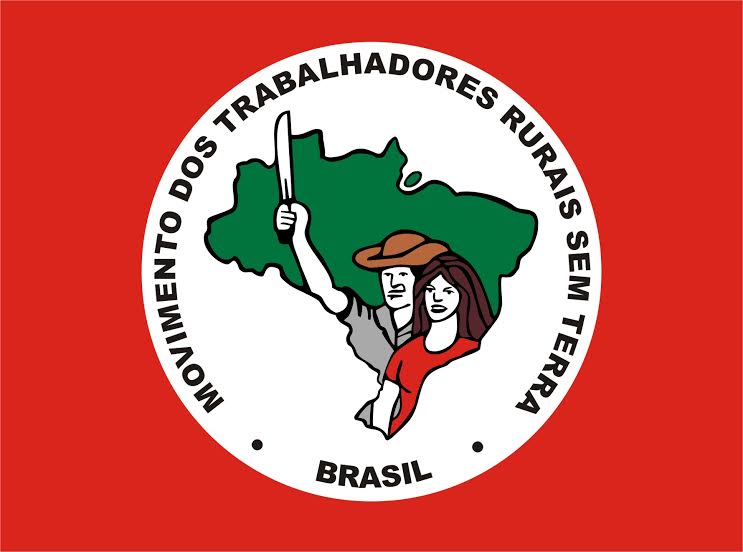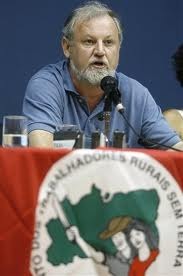Coup acts to repress Brazil's Landless Movement
On May 31, Valdir Misnerovicz, an important and effective organizer of the Landless Workers Movement (MST) in Brazil was arrested while teaching a class on agricultural coops in Veranópolis, a city in the southern state of Rio Grande do Sul. The arrest did not stem from his lectures, but from his activism.

 increased social inequality and concentration of income and wealth, besides intensifying the use of repressive state apparatus worldwide.
increased social inequality and concentration of income and wealth, besides intensifying the use of repressive state apparatus worldwide.